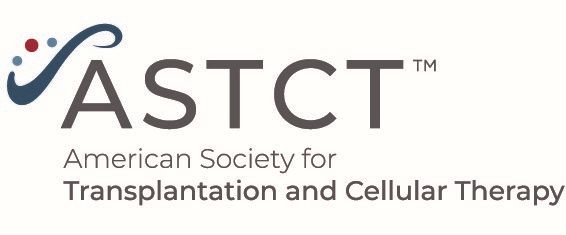
Managing Secondary Cancer Risks After CAR T-Cell Therapy in Multiple Myeloma Subgroups

Experts in multiple myeloma weigh the benefits and risks of administering CAR T-cell therapy to patients based on prior reports of secondary malignancies.
In a special co-branded episode between Oncology On the Go and the American Society for Transplantation and Cellular Therapy (ASTCT)’s program ASTCT Talks, Rahul Banerjee, MD, FACP, and Noopur Raje, MD, discussed the risk of secondary malignancies in patients with multiple myeloma who receive CAR T-cell therapy.
Banerjee is an assistant professor in the Clinical Research Division of Fred Hutchinson Cancer Center and an assistant professor in the Division of Hematology and Oncology at the University of Washington. Raje is the director of the Center for Multiple Myeloma at Massachusetts General Hospital Cancer Center and a professor of medicine at Harvard Medical School.
Banerjee and Raje spoke in the context of prior advisories from the FDA on the potential development of secondary T-cell malignancies in patients who receive CAR T-cell therapy for hematologic cancers. Specifically, the agency required a
Considering these reports and warnings, Banerjee and Raje emphasized shared treatment decision-making with patients after assessing the risks and benefits of CAR T-cell therapy compared with other agents like bispecific antibodies. They also reviewed optimal strategies for monitoring and referring patients based on the incidence of certain toxicities.
“[Treatment with] CAR T cells requires planning, and we need to have good control of the disease. We need to have 4 to 6 weeks of a lead time to get these effective treatments to our patients, so early referral is a good idea,” Raje said. “[For example], if you see chronic diarrhea in someone that is way out of the window of what you would expect, referring back to the CAR T-cell center is important so that we don’t miss some of these toxicities.”
References
- FDA requires boxed warning for T cell malignancies following treatment with BCMA-directed or CD19-directed autologous chimeric antigen receptor (CAR) T cell immunotherapies. News release. FDA. April 18, 2024. Accessed August 22, 2024. https://tinyurl.com/5n8pm5ca
- San-Miguel J, Dhakal B, Yong K, et al. Cilta-cel or standard care in lenalidomide-refractory multiple myeloma. N Engl J Med. 2023;389(4):335-347. doi:10.1056/NEJMoa2303379
Newsletter
Stay up to date on recent advances in the multidisciplinary approach to cancer.





































